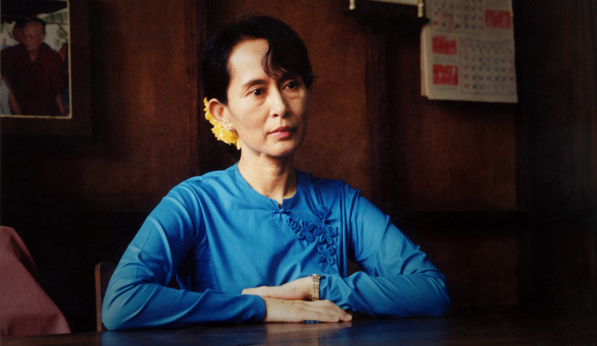‘The Lady’ Lies in Wait

The international community, including the US, are prepared to engage the new government in Burma. But it is unclear where Suu Kyi fits in with these discussions and whether she will find herself marginalized by the process.
Her first move after being released will be critical. If Suu Kyi decides to remain a mainstream political leader she will have to take a serious look at reform in her own circle, which would include: nurturing a new generation of pro-democracy leaders; shaking up the NLD executives who have steadfastly held the opposition flag in her absence; and reaching out to her skeptics, critics and political opponents in order to embark on political reconciliation.
Critics of Suu Kyi say that her repeated calls for dialogue with the regime have fallen on deaf ears because she has no stick with which to force her adversaries to come to the negotiating table. In addition, some dissidents say that Suu Kyi does not possess the qualities that made her father, independence hero Gen Aung San, so effective in his struggle against the British. Many feel that she is not decisive enough and that she lacks the political astuteness that is needed to defeat the generals. After 22 years of nonviolent struggle under Suu Kyi’s leadership, some Burmese are increasingly inclined to believe that any transition to genuine democracy will be a bloody one.
It is safe to say, however, that Suu Kyi will always be seen as a democracy icon who will continue to challenge the regime and speak out for truth and against injustice in Burma. She remains the face of the democratic movement and the symbol of struggle against the brutal regime. But while her status could give her some leverage, past experience suggests it will be limited. She and her pro-democracy colleagues must begin to think outside their historical box and create a new strategy for bringing change to Burma in the post-election environment.
« previous 1 | 2 |
|
||
|
||
